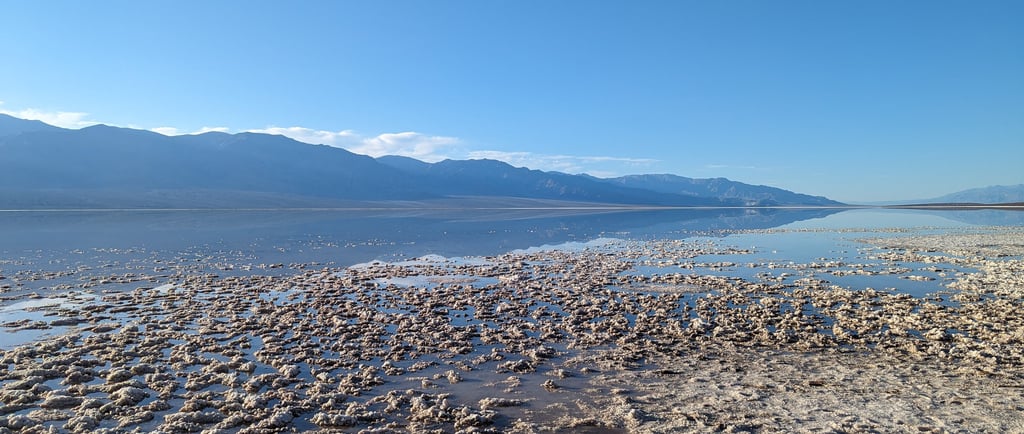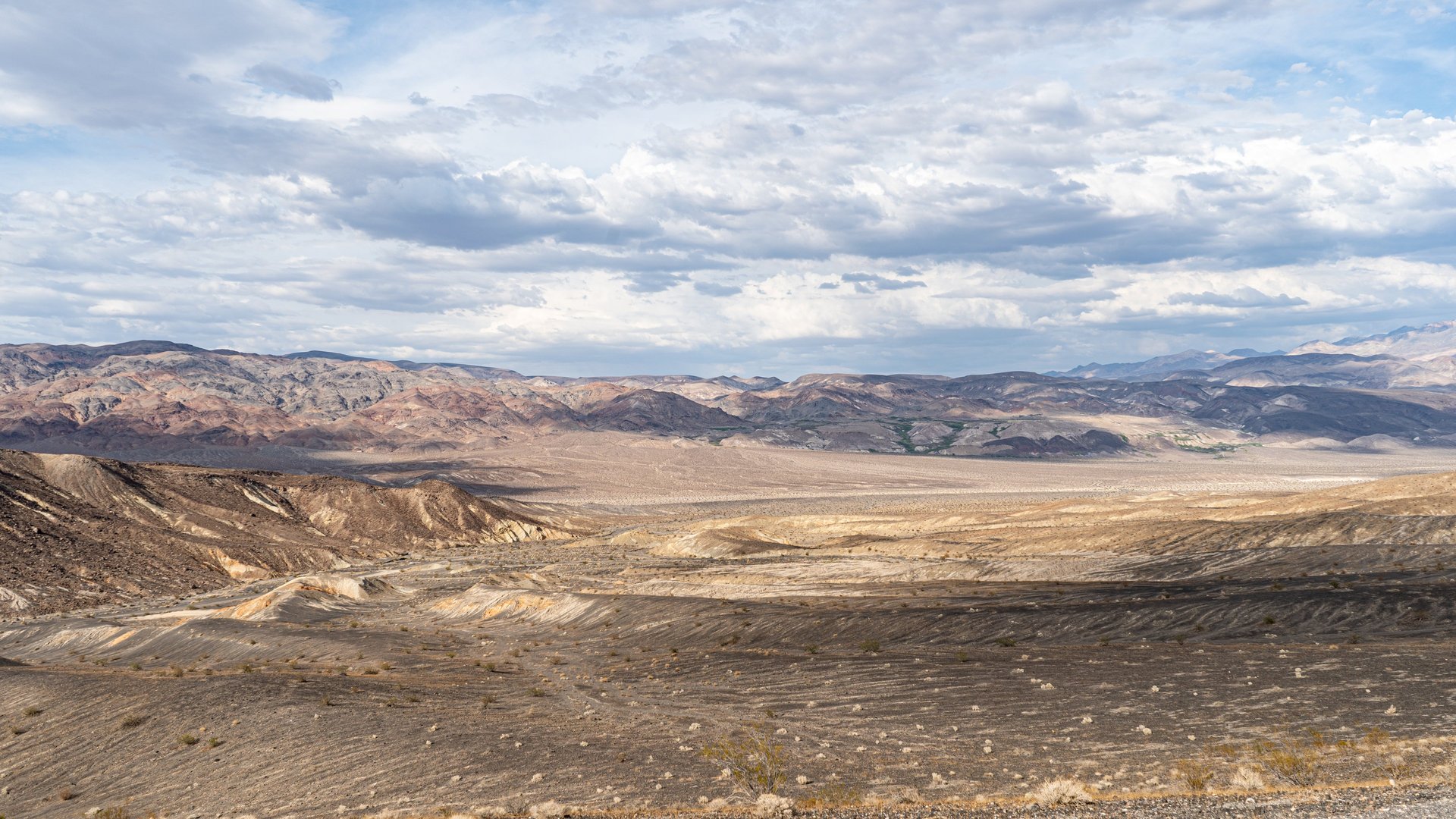Training for Death - Socrates on Philosophical Purification
Just before drinking the poison hemlock, Socrates delivered some of his most profound philosophical remarks regarding death and the afterlife. What did he mean when he said that "all of philosophy is preparation for death?"
ESOTERIC PHILOSOPHYPHILOSOPHY OF DEATH AND DYINGANCIENT GREEK PHILOSOPHY
Josh Mantz | West Breath
10/3/20246 min read


People often ask me whether or not I fear death. Tempting as it may be, my response isn’t as straightforward as a simple ‘yes’ or ‘no.’ Instead, I find myself reflecting on a deeper concept—one shaped by the wisdom of philosophers like Socrates.
The Phaedo is one of Plato’s most important works, depicting Socrates’ final moments before his execution. The dialogue is centered on Socrates’ discussion of the true nature of death. His colleagues, including Crito, Simmias, and Cebes, are gathered around him in his cell in Athens, seeking comfort for the impending loss of their close mentor, teacher, and friend. They ask Socrates if he’s afraid to die, a question that unleashes some of his greatest wisdom and thought. Throughout the dialogue, Socrates gives us arguments for the immortality of the soul, the fate of the soul after death, and describes how a true philosophical practice is a means of preparing for death. The focus of this piece is on the ladder.
“[T]rue philosophers make dying their profession,” says Socrates, “and that to them of all men death is least alarming” (Phaedo, 68a). The Socratic argument holds that a soul exists. The soul is eternal and indestructible and it participates in reincarnation. The soul, according to this view, is the purest element of the human experience and the one which most closely resembles the divine condition. It’s both infused with, and also takes command of, the physical body as it operates in the physical world. While here, its most vital task is to receive education and training, which is the only thing the soul takes with it after death. And death itself is marked by the soul’s departure from the body. In other words, the task of the soul is to experience, learn, and purify itself of the physical imperfections that lured it away from the condition of perfection.
Philosophy is a practice of purification, not only of mind but more importantly of soul. It involves a perpetual process which resists receding into a fixed point in time. The philosopher must always be prepared to suspend judgement, consider alternate hypotheses, and resist the urge to grip hold of an absolute notion of truth too tightly. All this, and at the same time, the philosopher must be willing to pursue truth relentlessly and to live it out to the best of their ability. In a sense, philosophy is more about not knowing than knowing, humility as opposed to pride, and being willing to move forward through ambiguity in spite of this discomfort.
Beyond the practice of cleansing the mind, the true philosopher practices self-control over worldly desires and preserves “a decent indifference towards them” (Ibid., 68c). The physical desires must be resisted because they’re viewed as an obstruction to true wisdom. This concept is strikingly similar to the positions held by various esoteric, mystical, and occult traditions throughout the East and West. The philosopher is oriented towards truth which is ultimately realized beyond the confines of the human condition.
Accordingly, if the realization of truth is the aim, then certain sacrifices within the physical sphere must be made to approach it. We can’t reach the summits of mountains by walking down - we have to go up. Shedding our dependence on physical desires and attachments is like shedding gear that we don’t need to reach the summit. Too much gear will only weigh us down and prevent us from reaching the goal. Yogis refer to this concept as maintaining a single-pointed focus on the divine. And, like Jesus said, “If you would be perfect, go, sell what you possess and give to the poor, and you will have treasure in heaven; and come, follow me” (Mt. 19:21). The idea here hits us from two fronts: to let go of the falsities found in the physical world and then to reorient to truth found in the spiritual world.
What Socrates means by “true philosophers make dying their profession” is that those who commit to a disciplined practice of purification in this life are better prepared for the next one. The true philosopher accepts that truth, or wisdom, is the highest goal. They orient their lives towards it as exclusively as possible. Some suggest, including Socrates, that the highest truth may not be attainable while we’re in human form. This is because, despite our very greatest efforts, we’re still bound to the physical body and subject to “contamination.” This, however, doesn’t dissuade the professional but encourages further commitment.
In order to experience absolute truth, we may have to experience death. The soul must be freed from the physical body and this separation is itself the mark of death. Since the possibility of realizing an even higher truth lays beyond death, and since truth itself is the highest aim, then there’s little reason to fear death because it’s death itself that opens up this possibility of realization.
However, this doesn’t mean that we should pursue death prematurely. Life brings with it the opportunity to become aware of higher truths and then grants us a platform, namely through education and training, to resolve the elements of ourselves that interfere with that truth. Those who make “dying their profession” actively participate in a process of purification which eases the transition into death because they, in principle, already mirror more closely the purer state that lays beyond. There is then less change required of the soul through death and the transition is more seamless. It also becomes possible, according to the Socratic view, that these souls, already being in a more purified state, will be relieved of the requirement to reincarnate in this world and go on to exist in a more divine condition.
In contrast, those who don’t come to this realization during life, or those who perhaps realize it but don’t commit themselves to its pursuit, would be expected to experience a greater degree of change through death and may be subject to reincarnation until purity is attained. The soul will continue its journey beyond death regardless. The afterlife, as it is held by many esoteric traditions, including the view of Socrates, is said to involve a process of purgation, purification, and preparation for the next life. Reducing the fear of death requires us to put the work in now, so to speak, while we’re still here, to prepare for what’s coming. In this way, philosophy is a means to train ourselves for what occurs between death and rebirth. “Practicing death,” as Socrates suggests, is really the regular practice of pursuing philosophy in the right way (Ibid., 80e).
It was this unflinching commitment to truth that gave Socrates the strength to approach death with courage. While he couldn’t know precisely what his disposition after death might be, he drank the poison hemlock with the certainty of knowing that he did everything he could do, in accordance with his beliefs, to prepare himself for the transition. Socrates was ready for death. He approached it with openness, courage, and curiosity.
So, do I fear death? My answer is neither ‘yes’ nor ‘no’ because I am still participating in the process of living. Perhaps I’ve developed an indifference to the question. I’m not willing to say that I don’t fear it, because doing so risks cultivating arrogance and pride, and that’s not good for the soul. I’m also not willing to say that I do fear it, because I question whether death is real. Death is situated within a broader process of life and is opposed only by birth. Life is inclusive of both birth and death, and the processes therein. Life exists between death and birth just as it does between birth and death. The broader process itself might be called “Life” with various degrees of change. Death is just a part of this process and a marker of change (so is birth). What’s more relevant than asking if I fear death is asking how I prepare for death.
There are consequences that come with awareness, both awareness of self and of the world. The process of purification, perpetual and perhaps without end, illuminates one’s imperfections only to the extent that we’re willing to look. Paraphrasing Nietzsche, the deeper I stare into the abyss, the more the abyss stares back at me. Looking into the self is like looking into a mirror. All of the answers are already there provided that we’re ready, willing, and able to access them. Then, we have to make a choice to “polish the mirror of the soul,” as the Sufi mystics say. To suggest that the process of purification is easy or delightful would be a deep mischaracterization and not helpful to those going through the process. It’s both difficult and rewarding. The ‘difficult’ part requires no explanation. The rewarding part is more ambiguous, but ultimately it seems grounded in an intuitive sense that I’m moving in the direction of truth. As the Theosophists say, “I seek the truth. I will bear the consequences.”
Perhaps, like I suggested of Socrates, I’m prepared to embrace death. I respect death. My last experience of death was the most powerful, beautiful, and awe-inspiring event of my life. But I cannot, by way of reason, guarantee that my last experience of death will be like my next one. I maintain a sense that death neither marks an ultimate end nor leads to an eternal heaven or hell. In alignment with the esoteric traditions, my sense is that the process of purification continues, that other lifetimes may be forthcoming, and that cultivating an awareness of this process can help us better serve as an instrument of the divine will – to discover, embody, and live out our purpose throughout the cycles of existence. In sum, what we can take away from Socrates is this: there’s no need to fear death - prepare for it.
References:
Plato (1989). The Collected Dialogues of Plato. Princeton, NJ: Princeton University Press.
The Didache Bible (2022). Ignatius Bible Edition. San Francisco, CA: Ignatius Press.

West Breath
Exploring esoteric philosophy and spirituality
© 2024-2025. All rights reserved.
Disclaimer: The content on this site is provided for informational purposes only. It is not a substitute for medical advice. Please consult your medical provider and work with a qualified guide before engaging in any of these practices.
